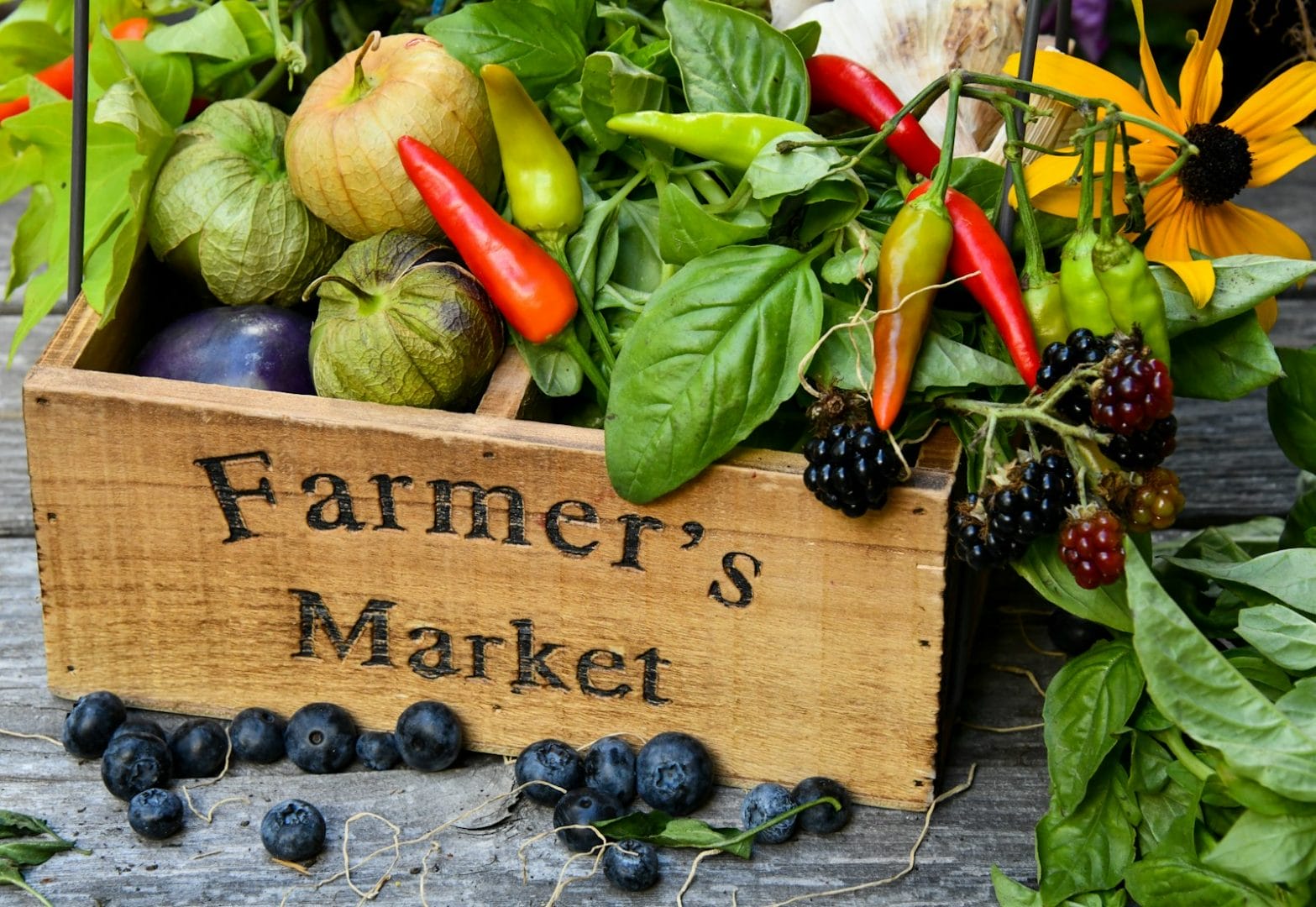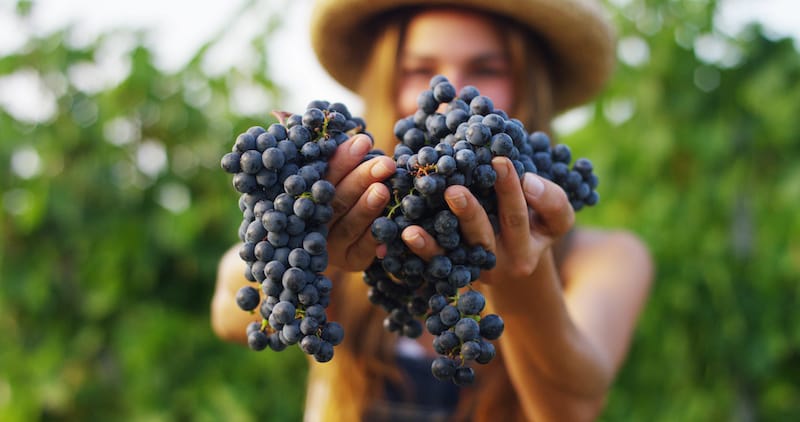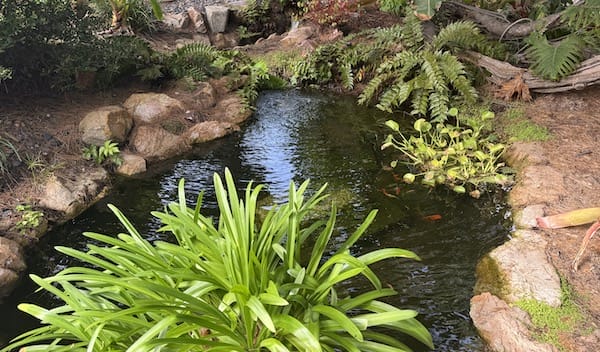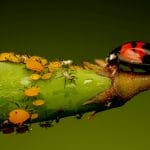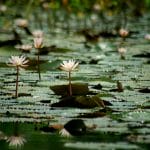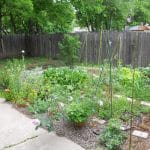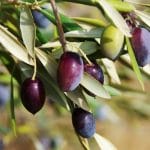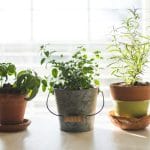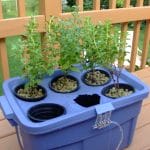Organic Gardening and Conservation with Anne Carter
Conservation Organic Gardening
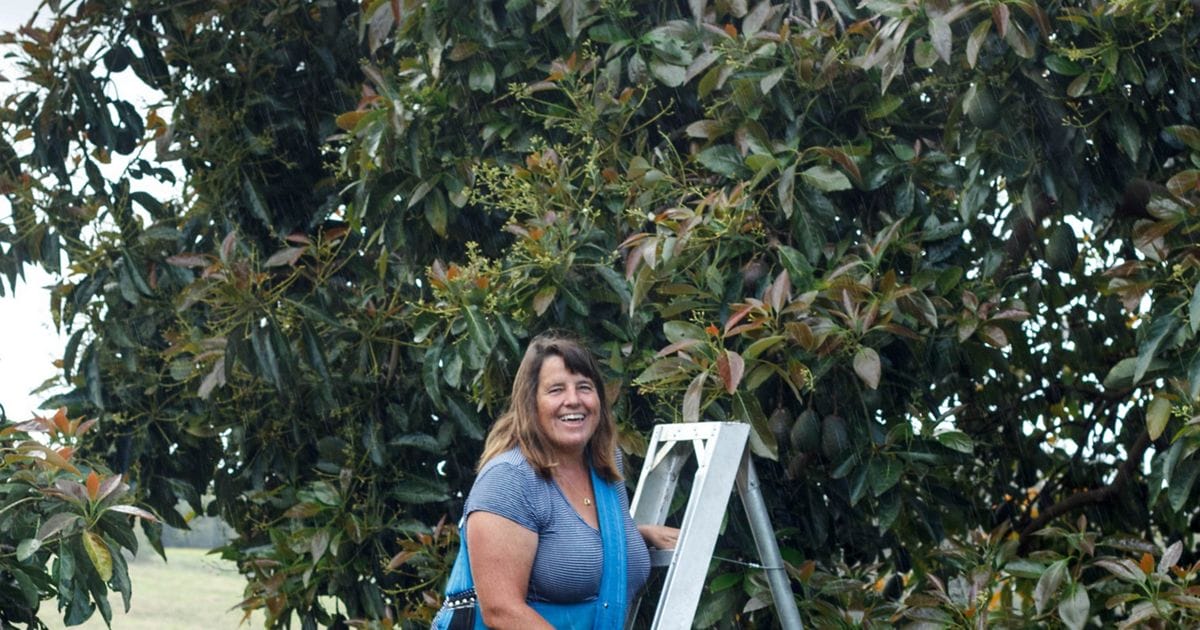
There’s something about starting the morning with a warm drink—sometimes coffee, sometimes tea, and always a look out the window and a walk outside to breathe in the new day. This ritual sets the rhythm for the day. I’m a one-cup-of-coffee sort of person, but I savor it. Today, that quiet moment reminded me a lot of why I garden, because I randomly thought of my old friend from Hawaii, Conservationist Anne Carter. She’s a coffee grower who treats her farm like a living ecosystem, and her commitment to conservation and organic methods is second to none. I see in Anne Carter a person who tends not just a farm in Hawaii, but an entire vision for conservation. Now this is an excellent thought to wake up to while drinking my own cup of organic coffee. Let’s dig deeper.
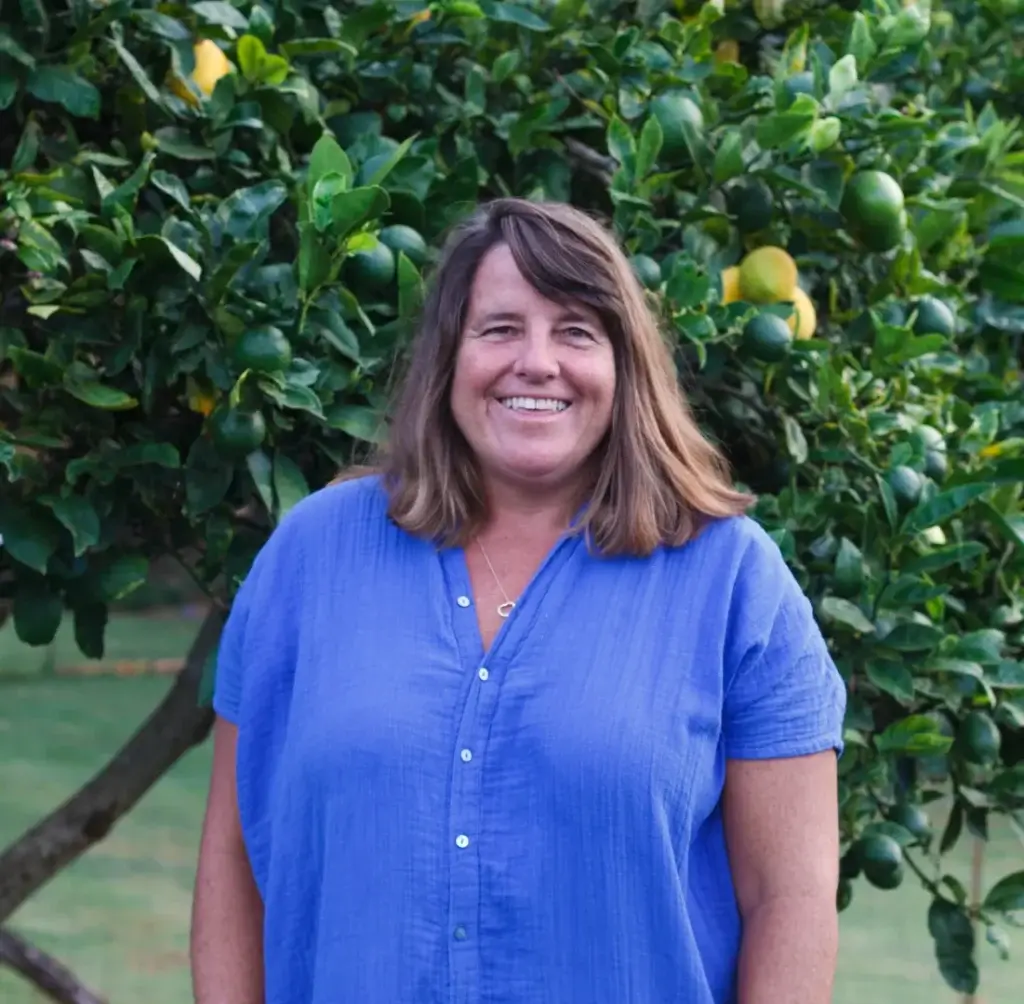
Kulamanu Farm: Generations Rooted in Care
Anne Carter runs Kulamanu Farm in Maui, a place her family has worked for four generations. It’s been organically certified since 1999, long before “organic” became a buzzword. What sets Anne apart, though, isn’t just the certification. She’s been walking the talk of conservation for over 30 years—restoring landscapes, protecting watersheds, and making sure the soil stays alive for the generations that will follow. Around the island, she’s become something of a local legend for it.
In her own words, “I don’t grow much coffee anymore, but loads of avocado, lemons, limes and native Hawaiian plants. Currently, I am the chair of the board for The Nature Conservancy of Hawaiʻi and Palmyra. I love the connection of people and the land and it is really important to acknowledge how Hawaiians were (and still are) amazing stewards of the land or ‘aina’. I try to incorporate, but am humbled by the indigenous knowledge here.”
That long view, the idea that the land we hold today is meant to be handed down tomorrow, resonates with me as a gardener. When I tuck a seedling into the soil, I’m not just planting for the season. I’m setting something in motion—whether it’s a tree that will outlive me or a patch of soil that will be healthier next spring because I fed it well this year.
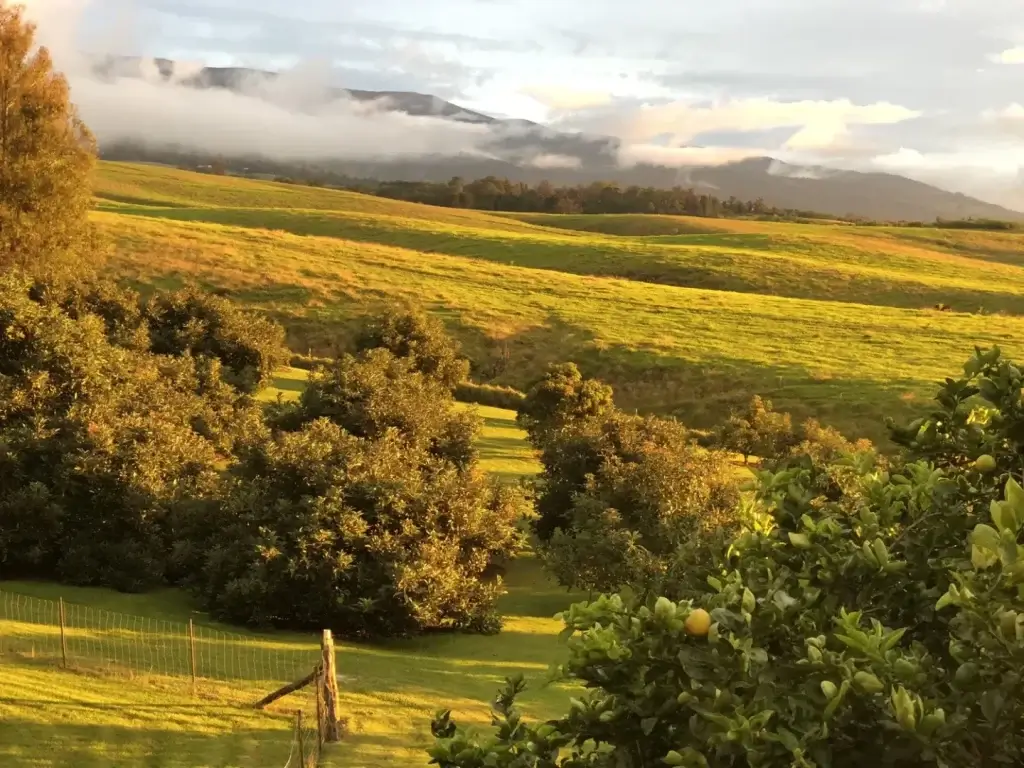
Conservation and Daily Rituals
Coffee grounds often end up in my compost bin. It’s a small act, but it adds up. The way grounds break down into the pile reminds me of Anne’s work—seemingly small efforts that build into something much bigger. Planting a native shrub, protecting a strip of forest, teaching a neighbor how to tend their land, none of it is dramatic on its own, but together it creates resilience.
And when I swap my coffee cup for tea in the afternoon, I sometimes think about how those plants—coffee, tea, herbs in the garden—all carry with them stories of land and culture. Anne’s farm is part of that bigger story: how people, plants, and place are connected.
Learning by Sticking With It
I’ve learned most of what I know about gardening by trial and error. Seeds that never sprouted, beds that dried out, projects that flopped. But each attempt became part of the compost heap of experience, and eventually something better grew from it.
Anne’s story feels the same. She didn’t learn conservation by staying indoors with a stack of papers. She realized it by going out, listening to the land, planting, observing, and keeping at it. That persistence—the willingness to try, adapt, and try again—is something gardeners and conservationists both understand deeply.
Our Gardens in the Bigger Picture
Anne Carter’s work is a reminder that our gardens don’t stop at the fence. When we plant flowers for pollinators, the bees don’t clock out at our property line. When we compost, we’re keeping waste out of landfills and feeding soil that connects to watersheds we may never see. And when we choose to garden organically, we’re part of a much larger network of care for water, air, and climate.
It’s easy to think of a garden as a private retreat—and it is—but it’s also a piece of the larger fabric. Anne shows us that farms, forests, and even small backyard beds all fit into the same pattern of stewardship.
What Gardeners Can Learn from Anne Carter
A few lessons I take from her story:
- Start small but stay steady. Significant change comes from repeated small actions—watering a seedling, planting a tree, restoring a hillside.
- Pay attention. Whether to soil, plants, or neighbors, listening often teaches more than books or lectures.
- Think beyond your own patch of land. Every healthy yard, every organic choice, every flower planted for bees ripples outward.
A Shared Cup
At the end of the day, whether I’m finishing my cup of coffee or winding down with tea, I’m reminded that gardening and conservation are both about patience and faith in human kind. They’re about believing that small acts of kindness and care matter.
Anne Carter’s work at Kulamanu Farm embodies her core belief and passion for this earth. She reminds us that when we nurture the land, we’re part of a story that stretches further than we can see. And maybe that’s the best kind of hope. It is the kind you can taste in your morning cup and see sprouting in the garden, inspiring us to be kind to what is under the sidewalks and leave our backyards more organic than how we found it.
Quick FAQ
Q: What makes Kulamanu Farm unique?
It’s been organically certified to sell wholesale only since 1999 and run by the same family for four generations, with a strong focus on conservation and soil health (Kulamanu Farm). Please note that her farm is not open to the public.
Q: How long has Anne Carter been involved in conservation?
She’s been active for about 30 years, focusing on sustainable farming, watershed protection, and native habitat restoration (The Nature Conservancy).
Q: Why does organic certification matter?
Organic farming supports soil health, avoids synthetic chemicals, and contributes to healthier ecosystems—a principle Anne Carter has followed for decades (USDA Organic).
Share this post
Interactive Guides
All categories
More From The Garden
Disclosure: This post may contain affiliate links. That means if you click and buy, The Bright Garden may earn a small commission, at no extra cost to you. We only recommend products we’ve vetted and believe will benefit our readers.

